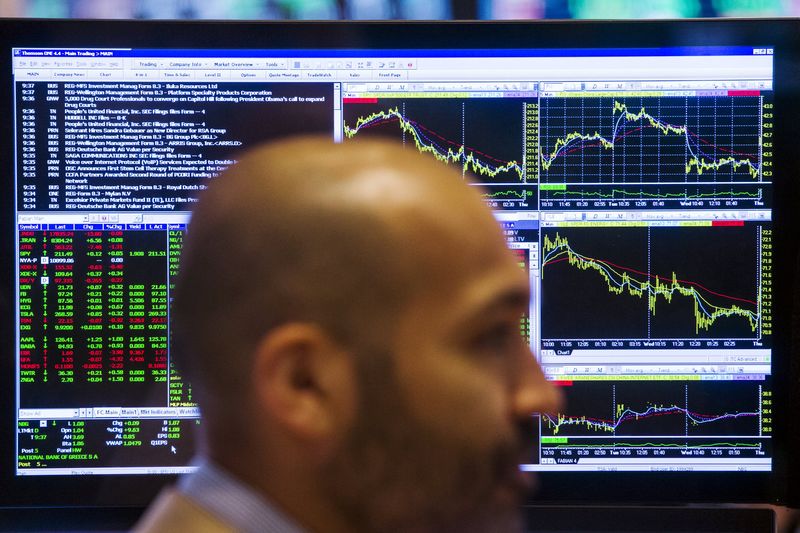Investing.com — In a recent note, Bank of America (NYSE:) outlined 14 key lessons from 2024 that investors should keep in mind as they head into 2025, warning that market momentum and stretched valuations could face headwinds in the year ahead.
While this year resembled the steady gains of 1996-97, rather than the bubble peaks of 1998-99, risks are mounting—from geopolitical tensions and rising debt to market fragility highlighted by the VIX.
BofA points to opportunities in Europe, China, and Japan but cautions that volatility, trade disputes, and macroeconomic uncertainty will shape the next leg of the market cycle.
Below are the 14 lessons that BofA highlighted.
1. 2024 was a strong year for markets, but it might only be the beginning.
2. The market’s performance in 2024 looked more like the steady gains of 1996-97 than the bubble peaks of 1998-99.
3. In a bubble environment, market leadership can persist for longer than investors can afford to stay underweight.
4. However, the combination of strong momentum and high valuations is already too stretched to avoid a potential bust.
5. The has shown that markets remain fragile, and a major shock may be overdue.
6. August 2024 suggests buying market dips and locking in volatility spikes; using smarter strategies like skewed delta positioning may be key for 2025.
7. Rising debt levels and persistent inflation mean bond vigilantes remain the most visible macroeconomic tail risk.
8. Market fragility, faster reactions, and elevated valuations suggest a repeat of the calm volatility seen in 2017 is unlikely.
9. A Trump election victory has reignited concerns around tariffs, with European companies favored by strength potentially becoming the next trade targets.
10. European equities remain cheap and unloved—investors should be cautious about being caught short, as fewer crowded trades mean less volatility pain.
11. China’s outperformance over Japan in 2024 could continue if U.S. interest rates decline.
12. VIX options data indicates that positioning risks in the market have not gone away.
13. Eurozone bank dividends have outperformed the for much of the past year; investors may need to hedge against a different outcome in 2025.
14. The risk of sharp movements in the Japanese yen, driven by volatility, could cause instability for the in 2025.



